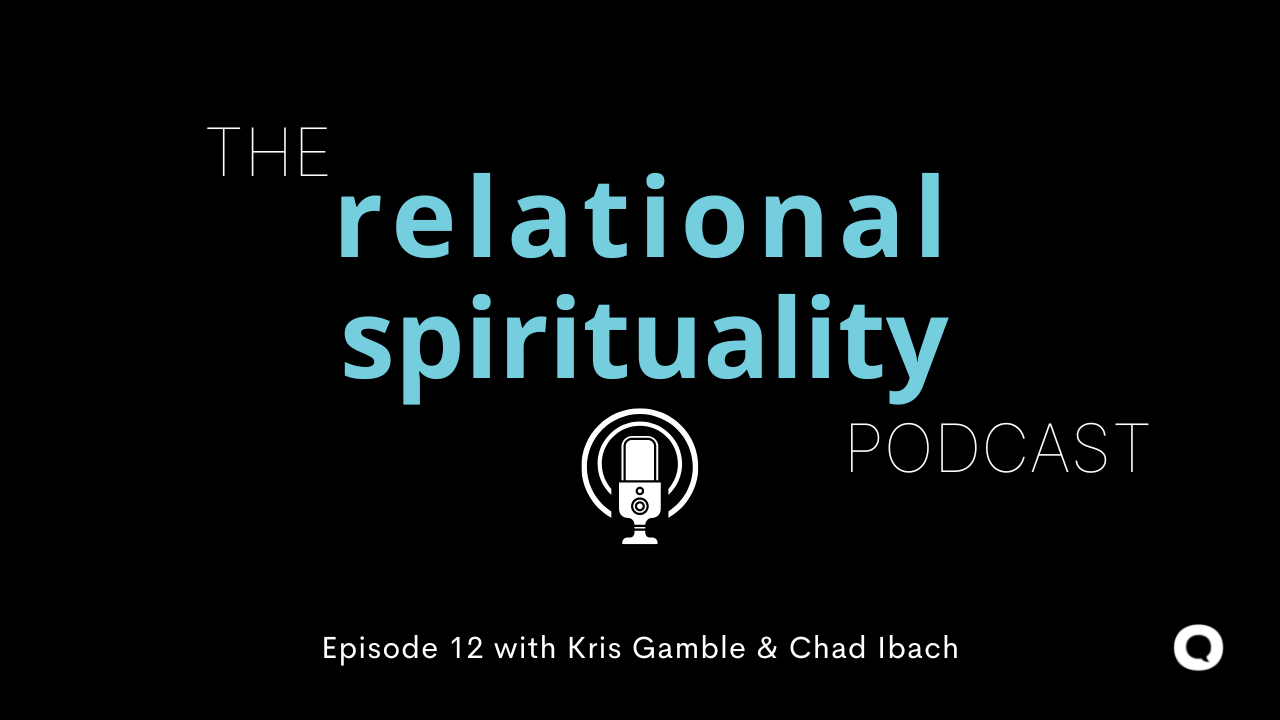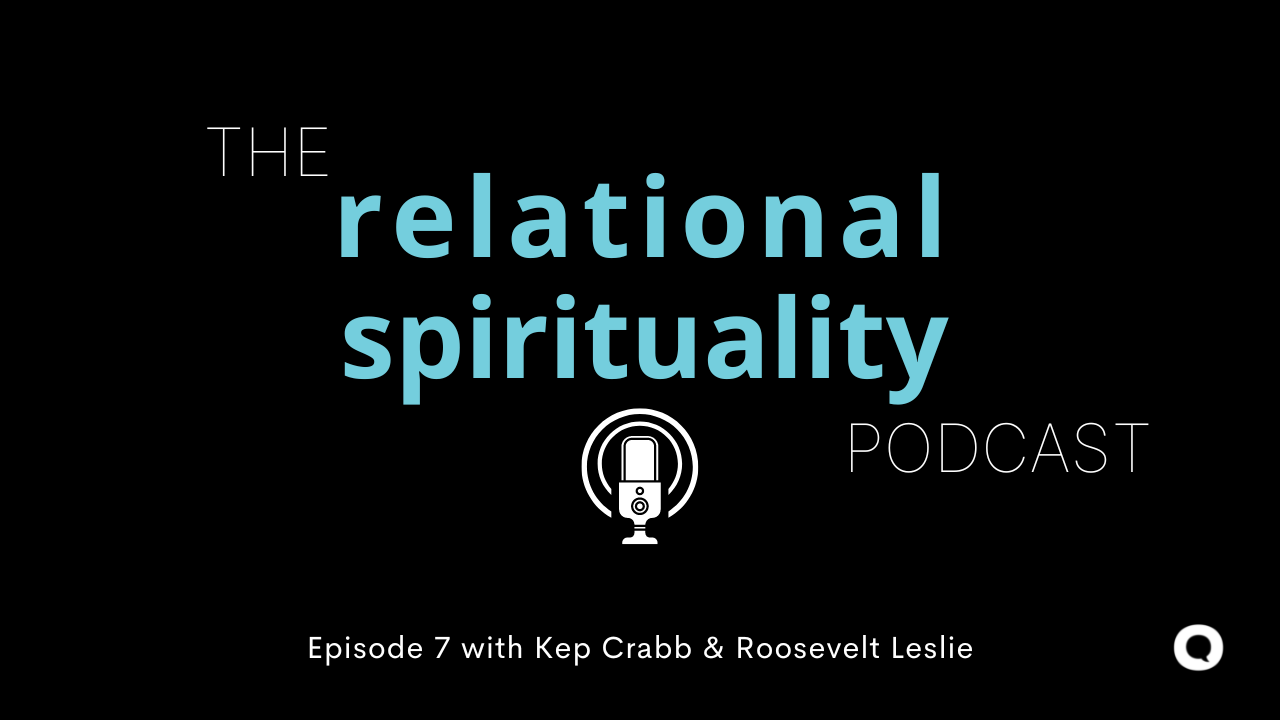
Next Gen

Creating Space for Cross-Generational Conversations | Ep. 09
What gets in the way of having meaningful (spiritual) relationships across generations? Join us this week as we connect with our friend Chad Ibach DMin as he shares with us some of the key insights from his doctorate research on studying the intergenerational spiritual relating.
He concluded in his findings that: fear, lack of skills, lack of trust, physical safety concerns, stress/busyness, sin/brokenness are the main obstacles to meaningful relationships. These conclusions are likely not a surprise, the answer to “What we do about these obstacles?” might surprise you.
Read MoreThe Relational Spirituality Podcast | Episode 001 | Kep Crabb & Kris Gamble
On our inaugural episode of the Relational Spirituality Podcast, the Founder […]
Read More

